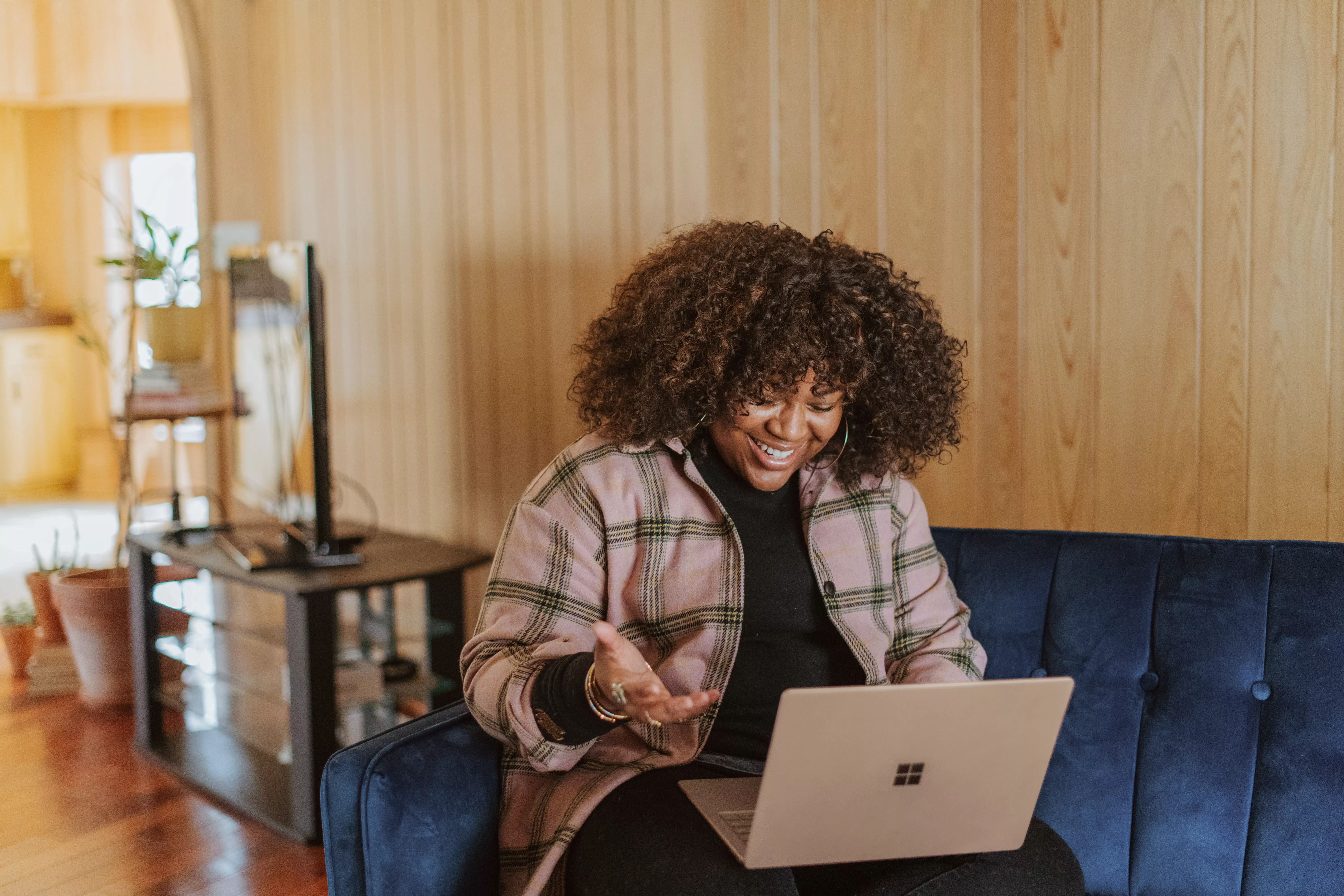How to help a friend going through a divorce with Verity Glasgow - The Divorce Podcast
In this episode Kate was joined by Verity Glasgow, CEO of the relationship charity, Oneplusone to discuss friends and family in the context of relationship breakdown.
How to help a friend going through a divorce with Verity Glasgow
You can listen to the full episode below, or on your favourite listening platform such as Spotify, Apple Podcasts or Google Podcasts.
Explore different episodes here.
About the episode
This episode is aimed at friends and family of anyone separating or going through a divorce so please share this episode with your network as most of us know someone who is splitting up.
Kate and Verity begin this episode by touching on what happens when someone goes through a separation. They explore the role that friends and family play and the danger of misplaced advice. Kate and Verity discuss how others 'war stories' often lead to rash decision-making because of fear.
With a lack of information in the public domain on how to help friends and family who are separating, they end this episode by looking at five things to keep in mind when talking to people about their separation, with the goal of helping people end relationships in a kinder and better way.
About our guest
OnePlusOne has more than fifty years of experience in creating evidence-based early intervention resources to help people build and maintain healthy relationships.
Verity is committed to the digital transformation of relationship support services and has been a driving force behind some of OnePlusOne’s most recent projects, including the rollout of digital conflict reduction interventions and securing government funding to develop a new app to support separating parents.
More resources
Get in touch with amicable for information on the legal, financial and children aspects of separation. Book a free 15-minute consultation with an amicable expert below.
Read More
-1.webp)
In this episode, Kate is joined by The Midlife Mentors, Claire and James Davis, to discuss building self-confidence post-separation & divorce.

In this episode, Kate is joined by Relationship & Family Coach, Nichole Farrow to discuss professional help during a separation or divorce.
-1.webp)
In this episode, Kate is joined by Liz Harrington to discuss EFT coaching and how it can help in the context of divorce or separation.

Support for co-habiting couples
Speak to an experienced Separation Specialist to understand your options. We help couples with all the legal, financial and family aspects of separation.
Book a free 15-minute consultationYour guide to a kinder divorce
What if divorce didn’t have to be a battle?
In amicable divorce, Kate Daly offers compassionate, practical guidance to help you separate in a kinder, better way. Whether you’re just beginning, working through the practicalities or adjusting to co-parenting, this book meets you exactly where you are - and helps you move forward with confidence.
Pre-order on Amazon today






Comments (0)